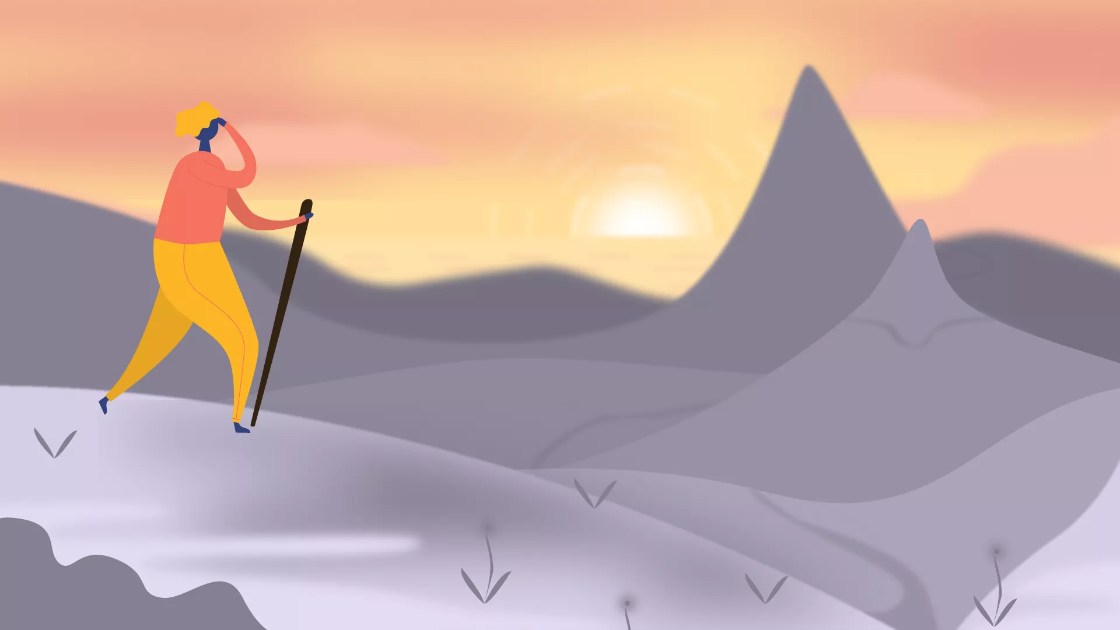Anthropological Reflections on Medicalization
DOI:
https://doi.org/10.5281/zenodo.7118433Keywords:
Mental Health, Human Dignity, Medicalization, Anthropology, SDG 10, SDG 16, SDG 3, SDGsAbstract
Its possible to study pain, chronic illness and death from different angles, apart from the biomedical approach, or the perspectives and models of psychology, the palliative and terminal care view, and even more so, to the branch of medicine that scientifically studies pain and its treatment, algology.
References
➔ Anspach, R. (2001) Gender and Health Care. Medicalization and Medical Technology.
➔ International Encyclopedia of the Social & Behavioral Sciences.
➔ Campos-Navarro, R. (2015) Antropología médica e interculturalidad. Capítulo 8
➔ Antropología médica aplicada. Universidad Nacional Autónoma de México.
➔ Facultad de Medicina. México, McGraw Hill.
➔ Conrad, P., Bergey, M. (2015) Medicalization: Sociological and Anthropological Perspectives. Segunda Edición. International Encyclopedia of the Social & Behavioral Sciences.
➔ Foucault, M. (1999) Obras esenciales. II Estrategias de poder. Barcelona, Paidós.
➔ Foucault, M. (2008) Las palabras y las cosas. Una arqueología de las ciencias humanas.
➔ Buenos Aires, Siglo XXI.
➔ Jankélévitch, V. (2009) La Mort. (La muerte). Traducción por Manuel Arranz Lázaro.
➔ Guada Impresores: Valencia España.
➔ Norwood, F. (2015) End of Life Choices. Future Directions and Alternative Choices at the
➔ End of Life. International Encyclopedia of the Social & Behavioral Sciences.
➔ Sismondo, S. (2015) Pharmaceutical Industry: Political Economies of Drugs and
➔ Knowledge. Illness: From Medicalization to Pharmaceuticalization. International Encyclopedia of the Social & Behavioral Sciences.

Downloads
Published
How to Cite
Issue
Section
Categories
URN
License
Copyright (c) 2022 Jorge Molina Aguilar

This work is licensed under a Creative Commons Attribution-NonCommercial 4.0 International License.
All authors who publish their work in this journal give their patrimonial rights in favor of the JMSHRS on a non-exclusive basis. This means that authors may enter into other independent and contractual agreements to disseminate their text published in this journal. Such as, for example, including it in an institutional, thematic or other repository, publishing it in a book, or other digital or physical media, as long as they explicitly indicate that the work was first published in this journal.
The responsibility for the content of each published work corresponds exclusively to the authors themselves, excluding the editors from any legal responsibility.
The contents of the journal will be disseminated under a Creative Commons Attribution-NonCommercial 4.0 International (CC BY-NC 4.0). All issues are open access (OA) from the moment of publication.




